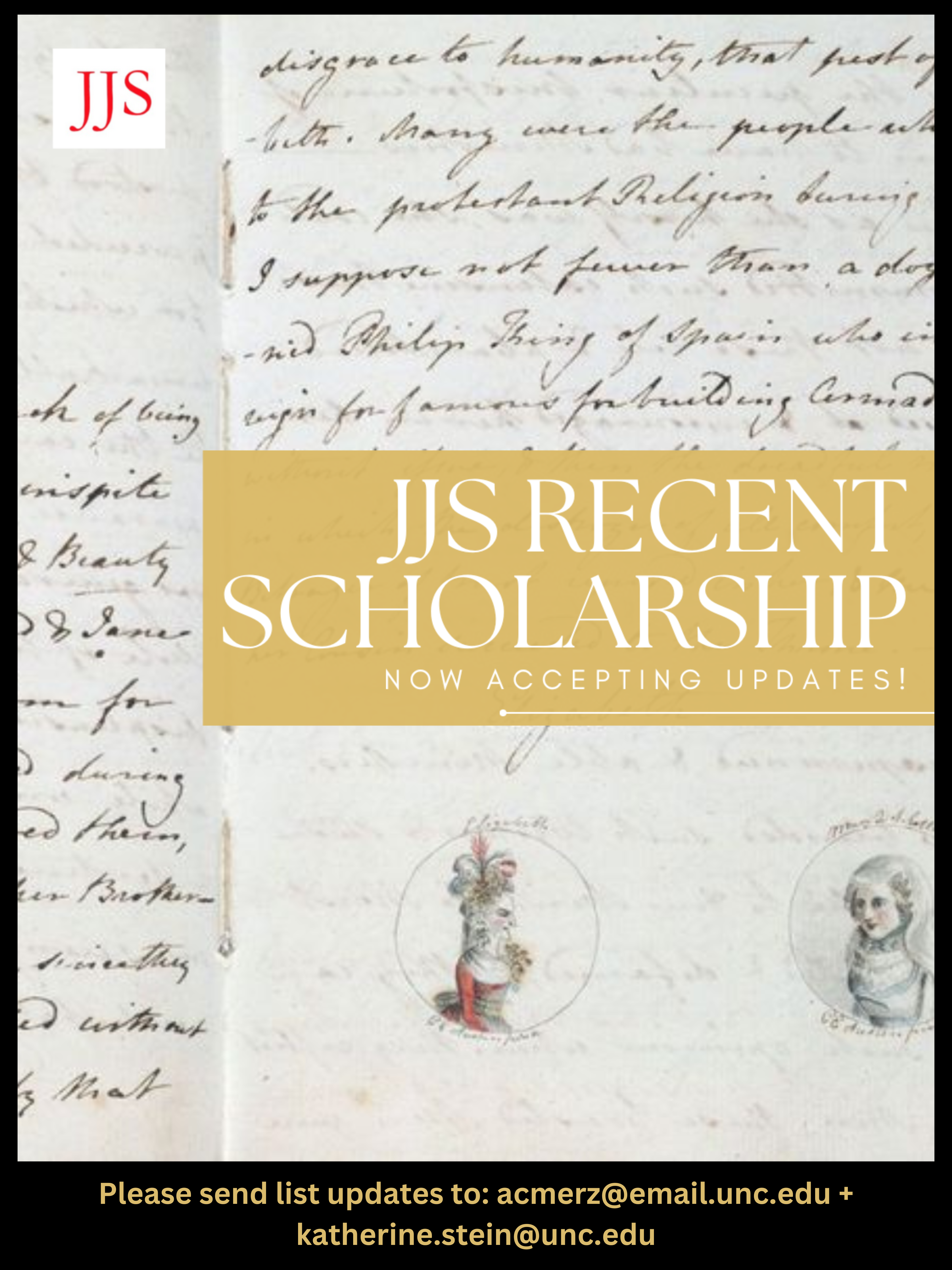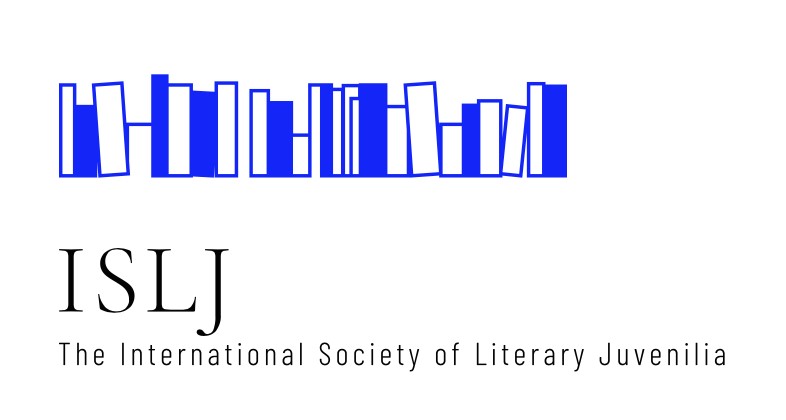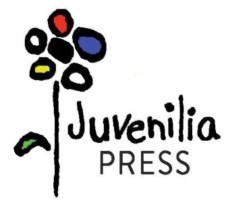A New Approach to Autobiography and Juvenilia
Re-Examining Charlotte Brontë's Assumption of Power in her Paracosmic Counterworld
DOI:
https://doi.org/10.29173/jjs21Keywords:
juvenilia, juvenile writing, Charlotte Bronte, paracosm, nineteenth-century British literatureAbstract
This paper demonstrates how the two ostensibly contradictory concepts of power assumption and autobiography can co-exist simultaneously in paracosmic juvenilia, that of Charlotte Brontë in particular. Many critics assert that marginalized or isolated children use their writings as vehicles with which to assume the kind of power denied to them as minors in reality, whereas others view juvenilia as autobiographical platforms through which children can articulate their experience of the world. However, these theories are not exclusive to juvenilia, nor is the concept of a paracosm, a term which originated in the study of childhood play. Drawing on the work of such critics as Stephen MacKeith, David Cohen, and Christine Alexander, this paper examines Brontë’s Glass Town and Angrian narratives in order to demonstrate that her paracosmic world both distorts and mirrors aspects of herself and to argue accordingly that Brontë’s juvenilia is neither strictly autobiographical nor a vehicle to assume the power denied to her in reality.
Downloads
Published
Issue
Section
License
Copyright (c) 2019 Nicola Friar

This work is licensed under a Creative Commons Attribution-NonCommercial-NoDerivatives 4.0 International License.
The Creative Commons Attribution-Noncommercial-No Derivatives 4.0 International license applies to all works published by the Journal of Juvenilia Studies and authors retain copyright of their work.
![]()



.jpg)
 Dedicated to the discussion and promotion of literary works by young writers
Dedicated to the discussion and promotion of literary works by young writers

